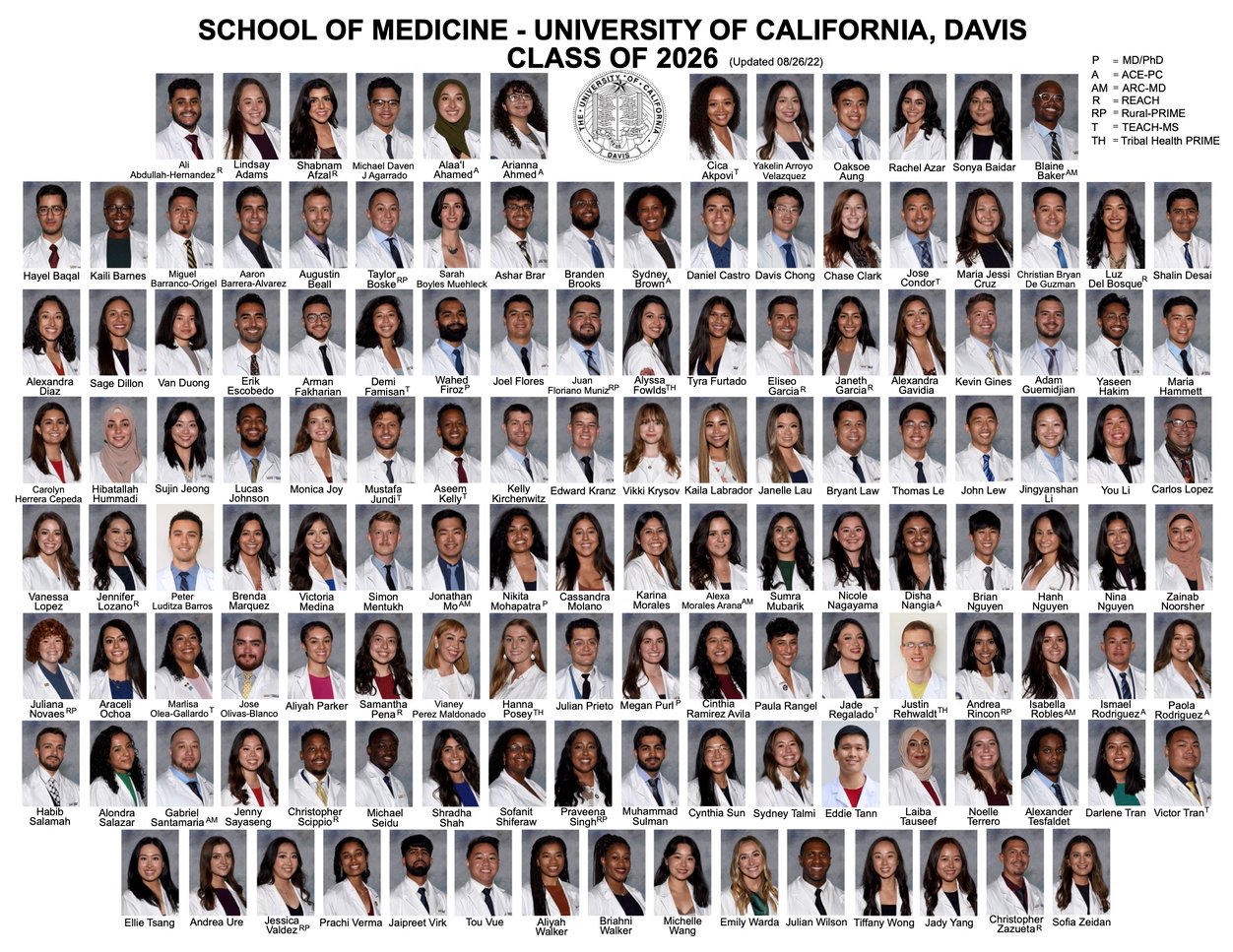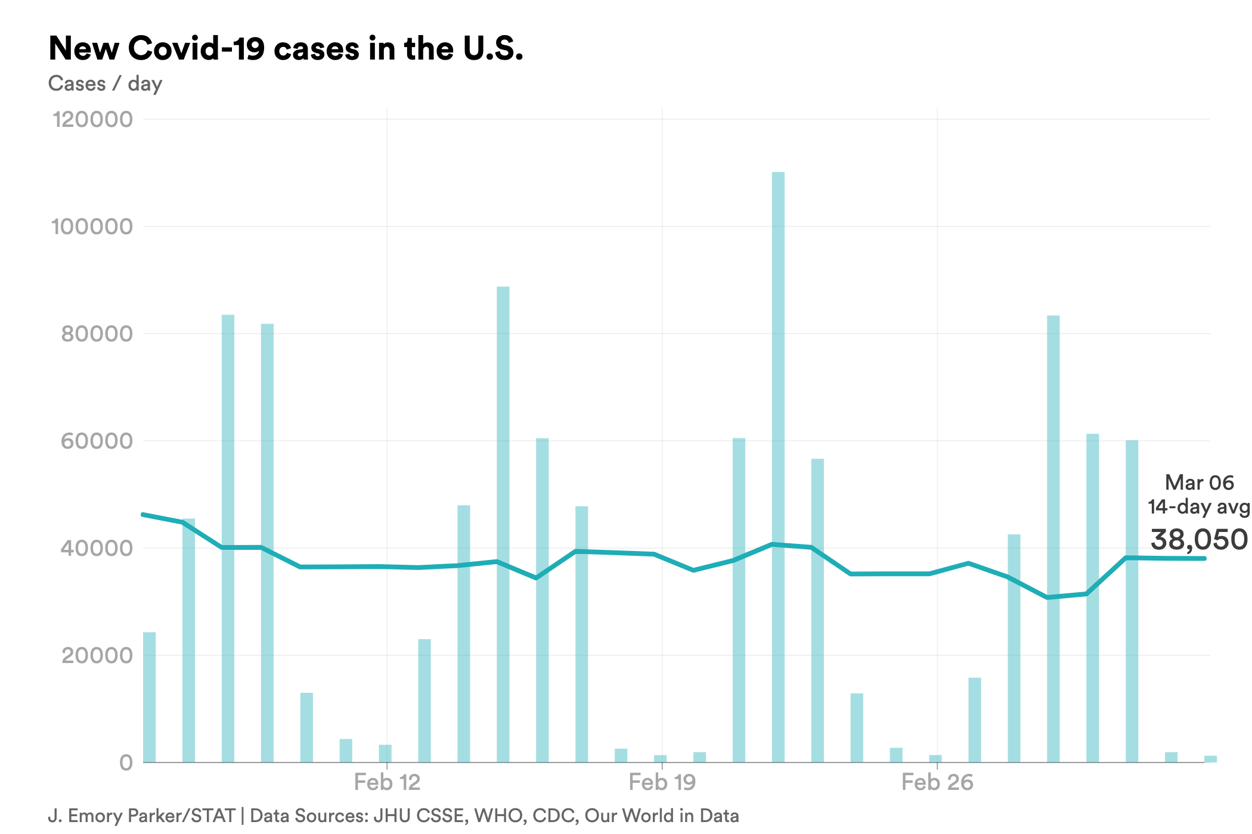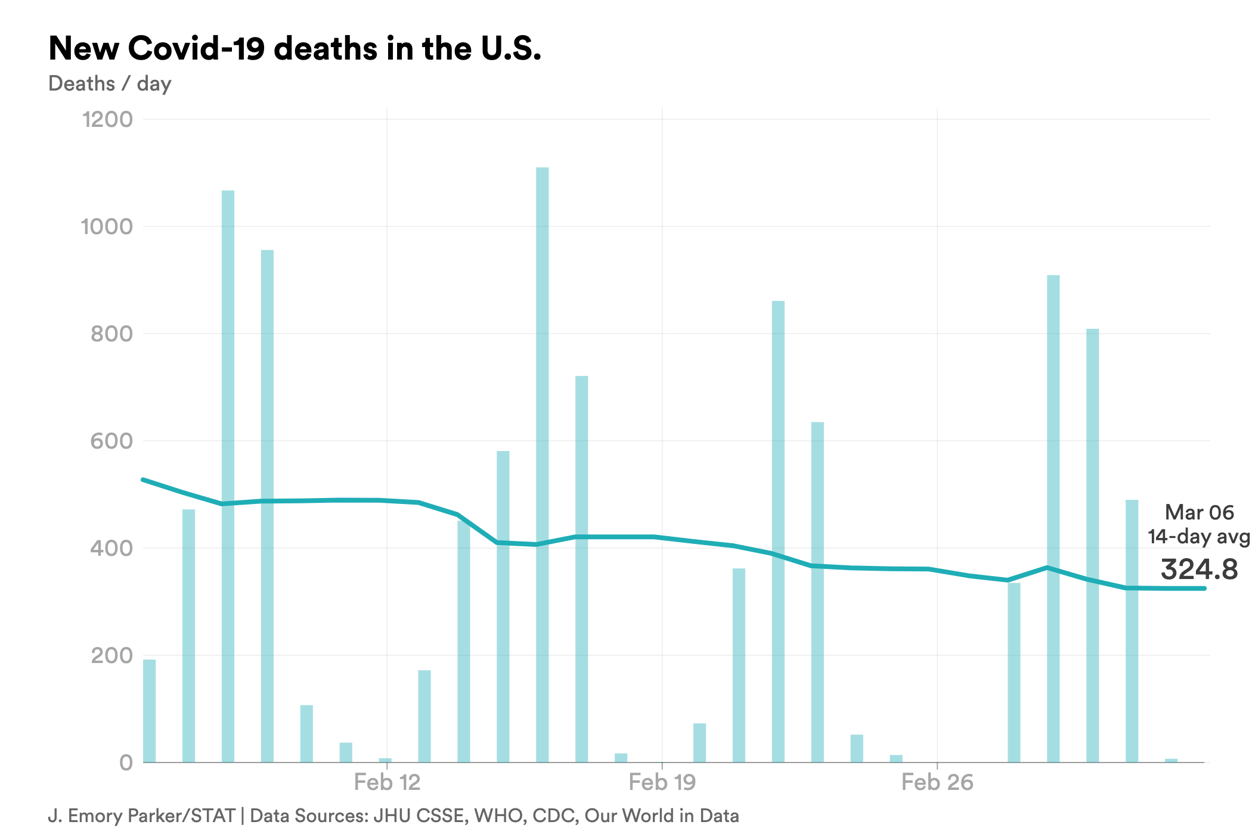Closer Look
How one medical school achieved diversity, even under an affirmative action ban

There's a Supreme Court decision looming on affirmative action that worries people in higher education tasked with improving the diversity of their student bodies. Perhaps they can look to University of California, Davis, which — despite a state law barring affirmative action at state universities — boasts the country's most diverse medical school after the historically Black Howard and Hispanic-serving Florida International. Mark Henderson, the physician who revamped the admissions process at Davis's medical school when he took over 16 years ago, has said he's dedicated to revolutionizing how medical students are chosen.
At medical schools, training future physicians who are as diverse as their patients is a matter of life and death. "I can't say this strongly enough," Geoffrey Young, who leads a national plan to transform the health care workforce, told STAT's Usha Lee McFarling. "Diversity saves lives." Read how UC Davis did it.
public health
Why people do — or don't — trust public health
Public health has been hammered over the last three years, suffering from underfunding and understaffing during a historic pandemic. Its reputation has also taken a hit during Covid-19, as researchers explored in a recent February 2022 survey of more than 4,000 Americans. Writing in Health Affairs, the authors report that about 4 in 10 adults said they had a great deal of trust in the CDC, while about 3 in 10 felt that way about their local health departments.
Those with lower levels of trust in agencies cited a perception of political influence and a pattern of too many conflicting recommendations. People with higher levels of trust said they believed agencies offered evidence-based policies and provided important resources such as tests and vaccines.
health
Kids raised by LGBTQ parents do as well or better than kids with opposite-sex parents
The kids are all right, no matter what their parents' sexual orientation, according to new research comparing children growing up in "sexual minority" families to children with parents of the opposite sex. The paper in BMJ Global Health analyzed 34 studies published between 1989 and 2022 conducted in countries where same-sex relationships were legal. Its authors defined sexual minority families as those with parents whose sexual orientation was considered outside cultural, societal, or physiological norms.
Family outcomes were similar across measures such as children's mental and physical health, parents' mental health and parenting stress, and parent–child relationships. Among preschoolers in particular, child psychological adjustment and child-parent relationships were better in sexual minority families. "Parents' sexual orientation is not, in and of itself, an important determinant of children's development," the authors write.
by the numbers




No comments